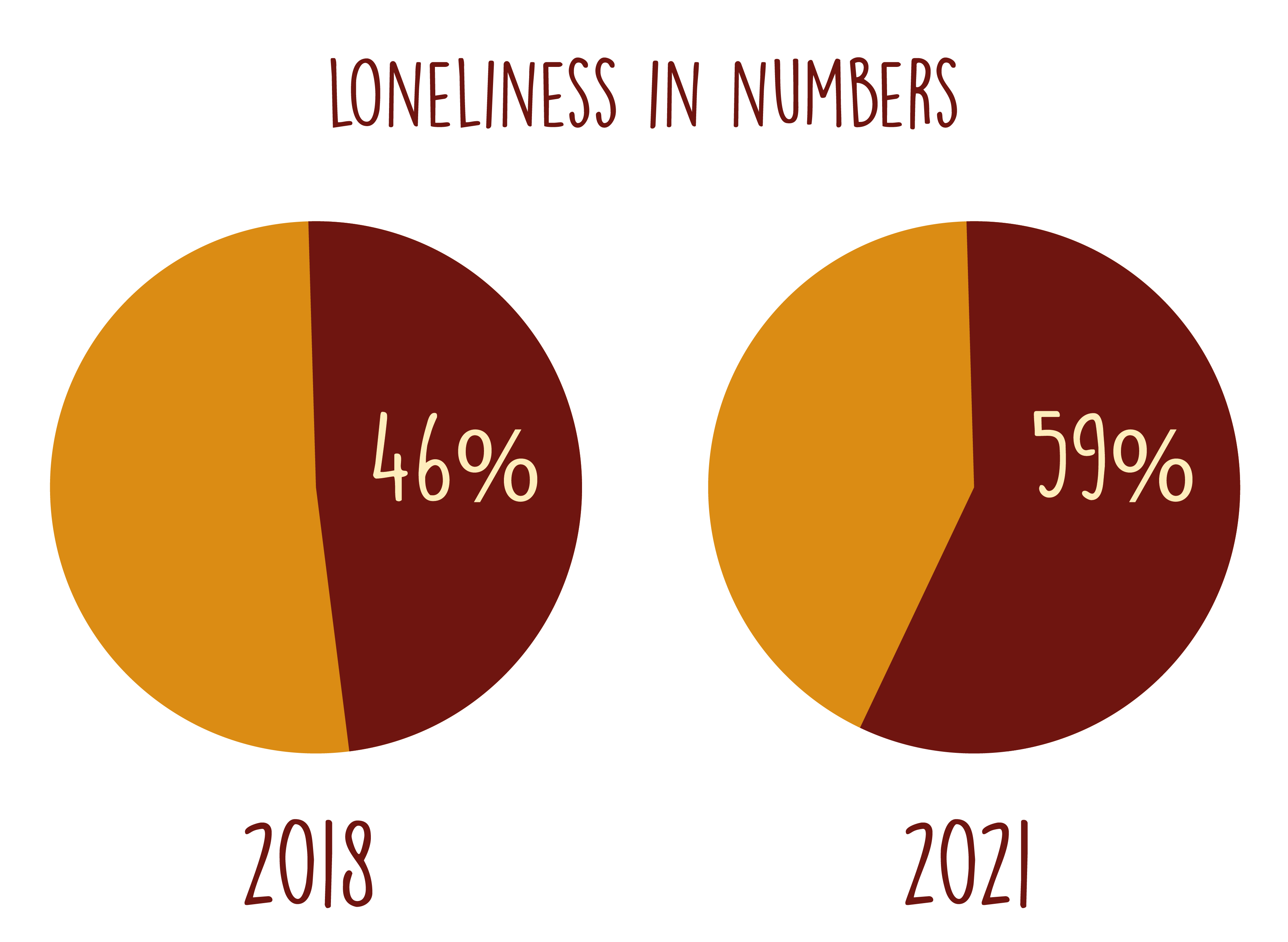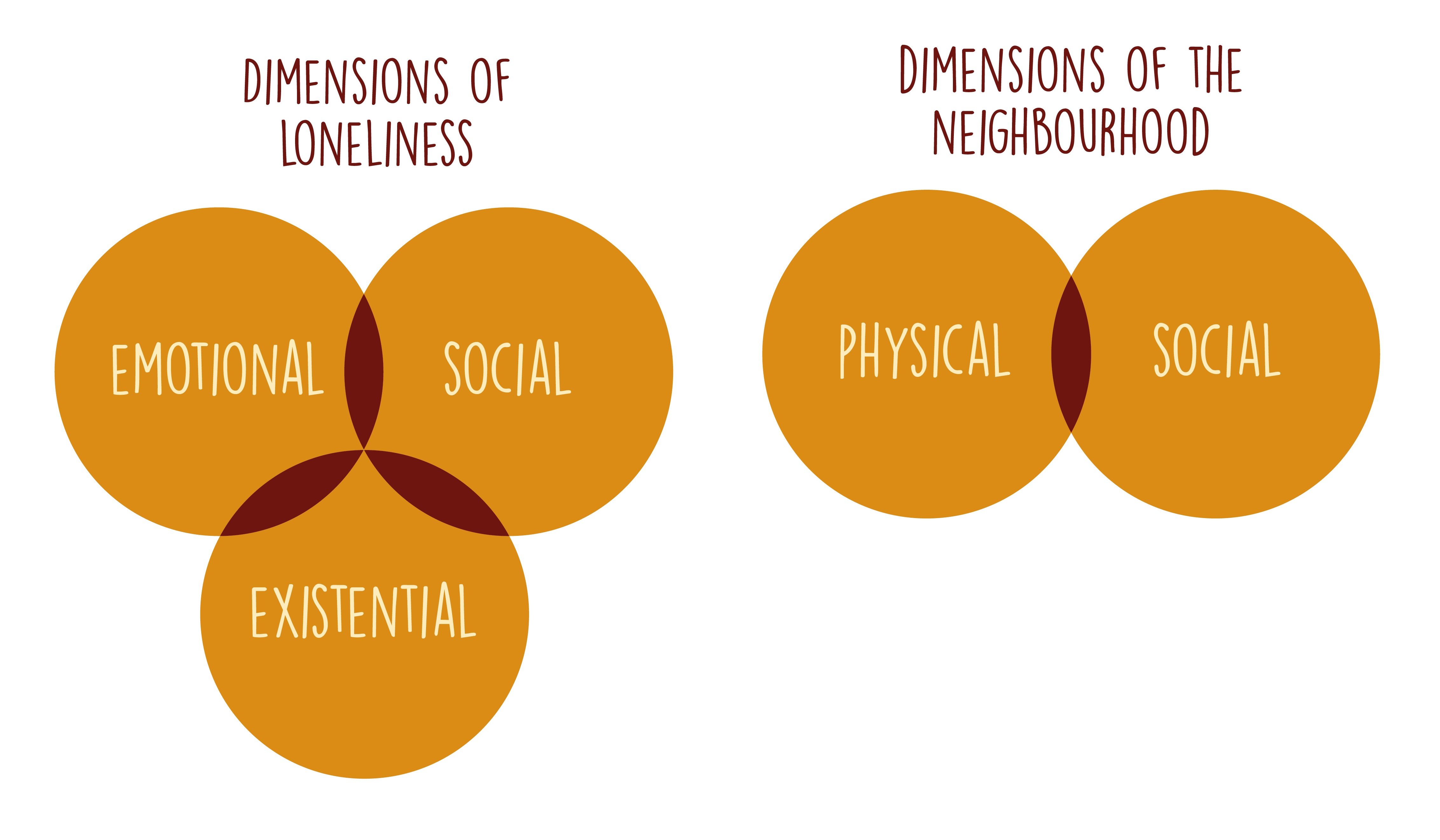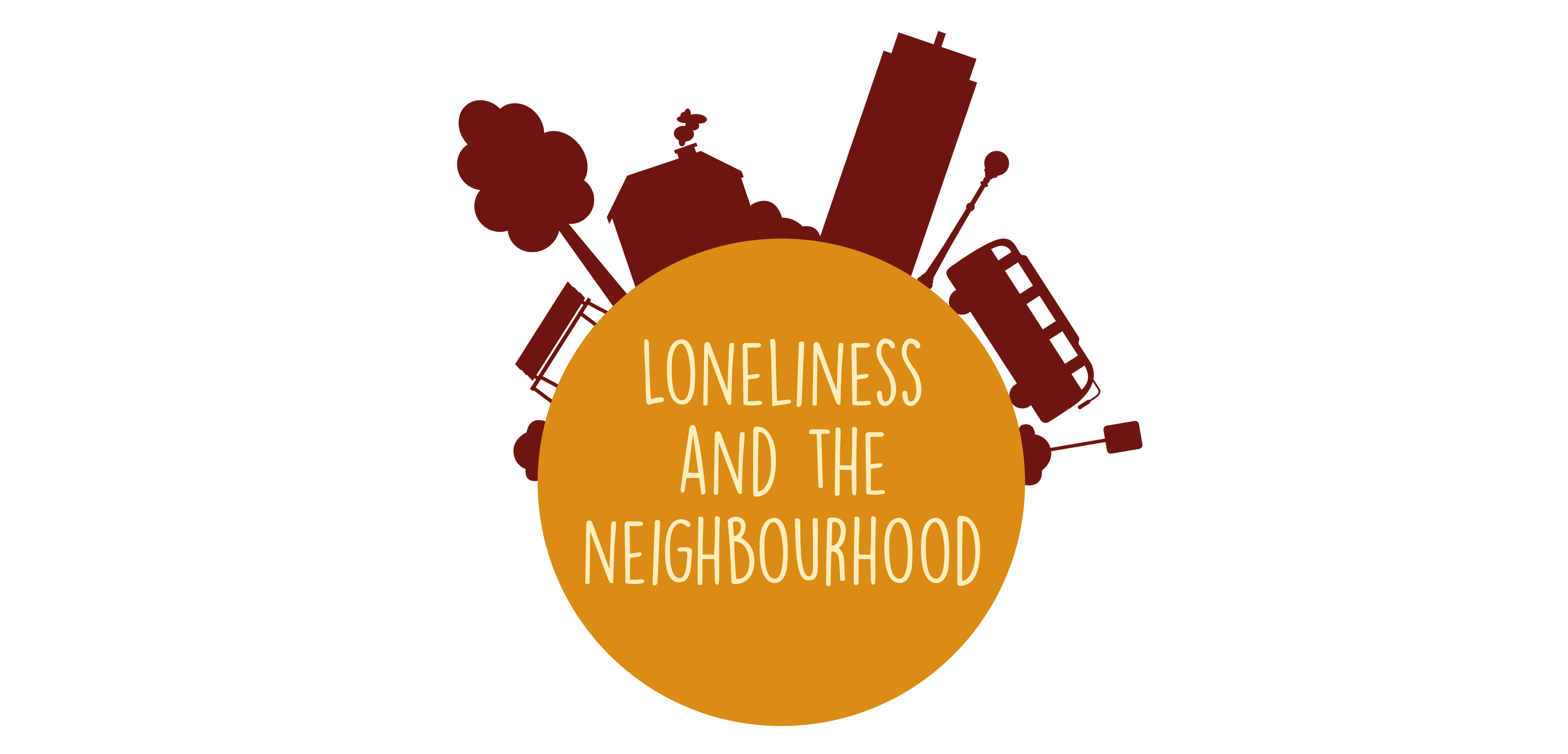Does the neighbourhood you live in make you more lonely or rather less lonely? What aspects of a neighbourhood reinforce feelings of loneliness? How can we combat loneliness from a neighbourhood perspective?

With the research project A Lonely Planet HIVA - KU Leuven, Centre of Expertise Care & Well-being, Thomas More and the SARLAB, VUB seek answers to these questions by investigating the relationship between the neighbourhood and loneliness. This is relevant because research shows that 46% of all Belgian citizens zich lonely felt lonely in 2018, which even rose to 59% of all adults in Flanders. Deze cijfers zijn zorgwekkend omdat eenzaamheid sterk samenhangt met tal van gezondheidsproblemen, toenemende zorguitgaven en een lagere levenskwaliteit. Bovendien zijn er ook grote verschillen qua eenzaamheid tussen verschillende gemeenten in België.

To date, very little is known about the impact of physical and social neighbourhood characteristics (e.g. public parks, public transport, access to housing) on loneliness. The A Lonely Planet research project is innovative because it specifically addresses the different dimensions of loneliness (emotional, social and existential) and of neighbourhood (physical and social), in adults of all ages. This is crucial because loneliness interventions need to be tailored to the specific dimensions of loneliness and the unique needs of the individual and the neighbourhood.
Based on the research findings, the research team formulates specific recommendations for both Flemish and local policy actors, and develops practical evidence-based tools to combat loneliness from a neighbourhood perspective.
This Strategic Basic Research (SBO) was made possible by the Research Foundation - Flanders (FWO).
Project duration:
December 2022 - December 2026

With this project, we explore the relationship between the neighbourhood where people live and loneliness.
More specifically, we focus on 3 sub-research questions during the four-year research project:
- Which neighbourhood characteristics are associated with the risk of loneliness among adults in Flanders?
- How do these neighbourhood characteristics relate to the risk of loneliness?
- In what ways can loneliness be prevented and addressed at the neighbourhood level?
So how do we proceed?
To formulate a scientific and nuanced answer to the research questions listed above, we first use a mixed-method design, combining quantitative and qualitative research methods. Thus, we augment an extensive literature study with go-along interviews, focus groups, learning networks, in-depth neighbourhood case studies and a large-scale survey that we link to objective data on neighbourhood characteristics. Such a mixed-method design allows us to study this topic in depth from different angles, but at the same time maintain a global overview.
Secondly, during the four-year project, we set up a participatory, structural collaboration with a wide range of stakeholders. This collaboration not only allows us to continuously share knowledge and expertise with each other, but also to ensure that our research design and the tools we develop are sufficiently aligned with the needs and realities of the field.


